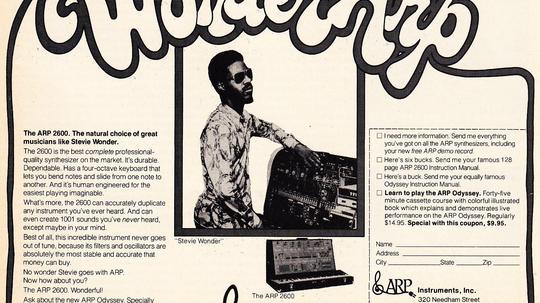
Let’s face it: Not all entrepreneurs are born kindling a love of business and dreaming of new technologies. Many stumble into their current industry as an afterthought, a path to solving a problem they’re passionate about.
And if they’re anything like David Friend, that path will lead them to successfully spin out half a dozen businesses over their career.
At the age of 66, Friend is the co-founder and CEO of his sixth company, Boston cloud storage provider Carbonite. The company, which reached $107 million in revenue last year, will undergo three dramatic changes this year: a move into the hybrid hardware backup space, a migration from Back Bay into a new building in Downtown Crossing, and a leadership swap, as Friend looks to turn in his chief executive title for a new role as chairman.
But long before Friend stood at the helm of Carbonite, he had quite a different reputation.
To the 1960s music industry, Friend was a sales hacker, peddling synthesizers to now Hall of Fame-worthy recording artists like Stevie Wonder, The Beach Boys, The Who, Led Zepplin and The Beatles.
“To the [industry] purists, I was the evil guy who hacked the commercialization of the synthesizer,” recalled Friend, laughing.
The company for which Friend worked was music equipment company ARP. Upon graduating with degrees in engineering and music composition at Yale, Friend soon realized that, while he loved composing and playing keyboard, he was ultimately destined to focus on his technical degree.
A self-proclaimed “science fair kid,” Friend had decided to go back to graduate school at Princeton to further refine his engineering talent, when he got a call from analog designer Alan R. Pearlman (thus, ARP) to create a low-cost, portable synthesizer in 1969.
At the time, synthesizers were becoming more and more of a staple in music, but remained expensive to buy, and tough to lug around while on tour. But before ARP’s lightweight synthesizer gained popularity on its own, it was Friend’s responsibility to introduce the product to up-and-comers like The Beach Boys. After noticing their songs rising in the charts, he paid the band a visit on their houseboat to close the deal. Once ARP garnered klout in the industry, Friend was called upon to give a synthesizer lesson to Stevie Wonder.
“He has a photographic memory, so he’d feel his away around the control panel," shared Friend. "You’d never have to tell him twice."
But those that benefitted from ARP’s improvement on the going technology weren’t just big names; they were the so-called “little people,” too.
“I thought if we could find a way to make the essential parts cheaper, we could sell [the synthesizers] in retail music stores, like a drum set, so every high school music band could have them,” explained Friend.
Interestingly enough, Friend has come full circle. After founding Sonexis, FaxNet, Pilot Software, and Computer Pictures Corporation, the entrepreneur has built his latest company, Carbonite, with a mission parallel to that of ARP: Finding a way to bring complicated, expensive technology to the relative underdogs of industry — small to mid-size businesses.
Since its start in 2010, Carbonite has focused primarily on giving consumers a way to secure their documents and data safely in the cloud. Next month, however, the company plans to complete a pivot toward backing up small to middle of the road companies with the help of hardware.
“Backing up a server is an entirely different animal than backing up a PC,” explained Friend. Carbonite will roll out a storage appliance that will automatically save information from your computer both in the cloud and locally, via the device. Though the cloud gives users the ultimate protection from data loss, a local version allows for faster recall when memory is lost.
Along with the new product, the company has big plans to shake things up internally. Carbonite added at least 50 people, mostly in sales and marketing, last year, taking its total to more than 400 between Boston and Maine. The company will also be ditching its old digs in the Back Bay to move into a new building in Downtown Crossing at some point in the next year, and will be expanding business internationally.
With so many changes underway, why is Friend looking to tap out? “It’s an ongoing search,” said Friend of the CEO replacement process. “I don’t want to retire, I just want to go back to spending more time with customers, product development and marketing, instead of comforting investors.” That, and building Boston’s brand as a music capital, both personally and professionally.
He’s a frequenter of Boston Baroque and Wally’s jazz bar on Mass. Ave. As a Berklee School of Music trustee, Friend also spends a good amount of time at the local institution fielding pitches from fledgling student startups. “I see around 10 music and tech-oriented startups’ business plans out of Berklee each year alone,” shared Friend. He also touted the strides made by Harmonix, the gaming company behind Rock Band, and the Echo Nest.
In terms of his own musical prospects and rubbing elbows with famous folk, Friend said, chuckling, “I think I missed the boat on that one … but I do have quite a scrapbook.”
Images via Carbonite, Preservation Sound








